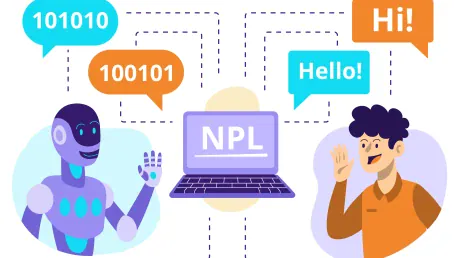
The market for Natural Language Processing (NLP) in the education sector is experiencing rapid growth, fueled by advancements in artificial intelligence (AI) and a rising demand for personalized learning solutions. Forecasts indicate that this market will exhibit a compound annual growth rate

Large language models (LLMs) have become a cornerstone of natural language processing (NLP), but their efficiency is often hampered by significant memory demands. These demands, particularly concerning key-value (KV) caches, scale linearly with sequence length, limiting the models' ability to

Natural Language Processing (NLP) is revolutionizing various sectors in China, driven by advancements in artificial intelligence (AI) and robust policy support. This article explores the historical evolution of NLP, the driving forces behind its development in China, and its transformative impact

The advent of AI and natural language processing (NLP) has revolutionized how businesses handle customer service, fundamentally changing the landscape of customer interactions. Traditionally, chatbots were limited in their functionalities, often relying on predefined scripts and basic keyword

Natural Language Processing (NLP) is a rapidly evolving field within artificial intelligence (AI) that focuses on allowing machines to understand and interpret human language. With recent advancements in AI and machine learning, NLP has become increasingly significant across various industries,

ChatGPT, developed by OpenAI, stands as a remarkably advanced AI chatbot that utilizes natural language processing to simulate human-like conversations. Its broad range of capabilities has significantly revolutionized various sectors by enhancing productivity, customer support, education, and